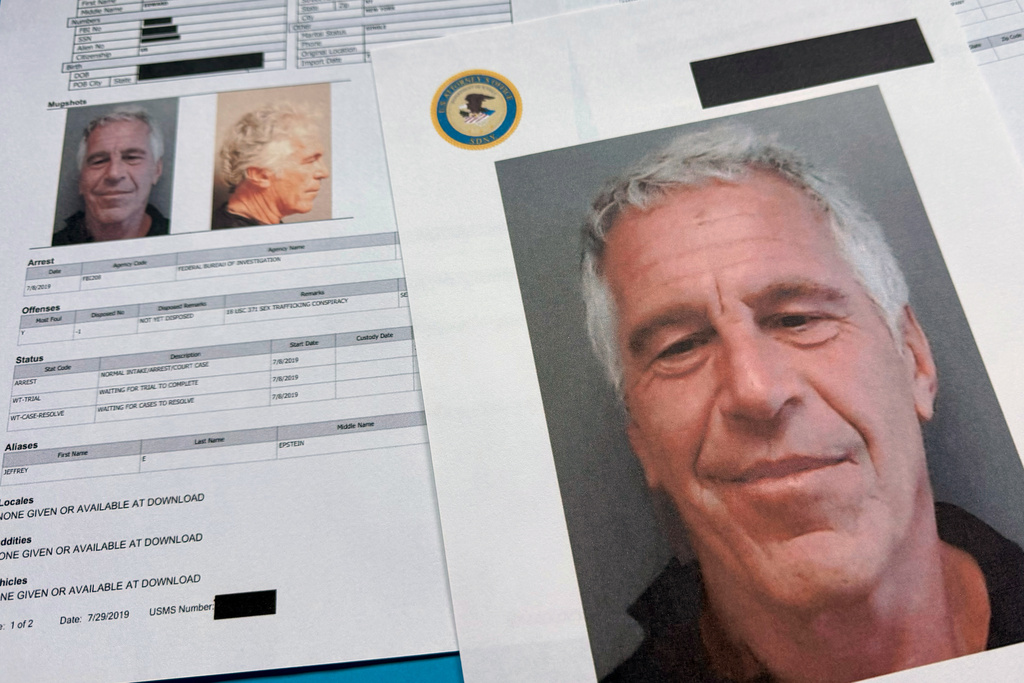In the heart of Miami Beach you'll find Mango's Tropical Café. It's a place owner David Wallack says people come to celebrate.
"Mango's is a place where people come to celebrate their lives. Anniversaries, birthdays, here I am in America," Wallack said.
However, throughout spring break weeks this March, his business was caught in the center of chaos.
"Hundreds and hundreds of people running in panic. Their eyes glazed in fear. Coming like a wall running and screaming," Wallack said.
He said it was a stampede, which is one example of the increased violence the city has recently experienced.
"When it hit our café, tables and chairs go flying, everyone's food and glasses go flying," Wallack said. "Mothers holding their children — 'you're okay, you're okay, let me get you some tissues,' — their crying tears streaming down their faces, it's absolute insanity."
This is the third year in a row Miami Beach has resorted to emergency actions over dangerous crowds, but city leaders have a new plan to change that.
"We're going to be like mellow March. It's going to be a family month," said Miami Beach Commissioner Kristen Rosen Gonzalez.

Miami Beach sets spring break curfew after 2 fatal shootings
The curfew mainly affects South Beach, the most popular party location for spring breakers.
On Monday night, city commissioners voted to give the city manager the power to enforce an emergency curfew in 2024 during two high-impact weekends in March. Commissioner Rosen Gonzalez says it's just the beginning of the changes to come.
"We do the same thing every year, we never get different results, but this year we are going all in. We're going to have state troopers ahead of time, we are going to implement the curfew, we are rolling back — you're not going to be able to buy alcohol after 5 p.m.," said Rosen Gonzalez.
Implementing curfews has become more common in cities across the country since 2020. In 2022, major cities like Chicago, Los Angeles, Houston and Atlanta all implemented youth curfews. But a study published by the Campbell Collaboration, a nonprofit criminal justice research group, found these types of curfews do not reduce crime or victimization.
Other research from groups like the National Council on Crime and Delinquency and universities such as the University of Virginia and Purdue University, found similar results.
In Miami Beach, Rosen Gonzalez explains they will do more by preventing party promoters from planning massive events.

Recent crime in Mexico is affecting spring break plans
The recent fatal kidnapping of Americans in Mexico has prompted many Americans to reconsider travel plans.
"Party promoters come here and there's a few establishments that have these out-of-control parties and that's what brings everybody here. That's what brings the fraternities, it's what attracts the large crowds," Rosen Gonzalez said.
She says Ocean Drive, which draws thousands at night because of its lights, will go dark at curfew with a light ordinance.
"The state of Florida gave us 60 state troopers, which last year came in week four which was too late, we're going to have 60 to 100 state troopers. We're going to have DUI checkpoints across the city, so we're going to send a strong message in advance that this is really not where you want to come for spring break," Rosen Gonzalez said.
She says these measures will hopefully prevent businesses from having to fully close up shop next spring break and lose money.
Wallack estimates his business could lose some $250,000 if forced to shut down for spring break next year. And if the city doesn't solve the problem, it's something he says he will do to protect his employees and customers.
"This team...they're everything," Wallack said.
Both city representatives and local businesses say others can learn from Miami Beach's past.
"Be proactive and anticipate the problem rather than reactive like we have in the past," Rosen Gonzalez said.
With these strict changes coming for spring break 2024, the city is hoping other high-traffic spring break destinations can also reduce violence.











